Real Talk: Do Diets Work?

- The self-assessment process is a critical step before you ask, “Do diets work?”
- Take the time to research the ins and outs of various diets so you know whether keto, paleo, vegan or another way of eating aligns with your lifestyle and food ethics.
- Bulletproof products are made with the right nutrients to support different styles of diets and fuel your goals, whatever you want to achieve.
The time has come. As we welcome the new year, we can finally leave 2020 in the dust—where it belongs! If quarantine wreaked havoc on your healthy eating habits, you’re probably asking one popular new year question all over again: Do diets work?
When it comes to changing diets, the process begins with assessing your eating habits. Is restricting carbohydrates the way to go? Is it really possible to build a meal plan around veggies, fruits, meats and fish with paleo? And is fasting only useful for achieving specific weight management goals? These are all reasonable questions to ask. But first, are you ready to make a few lifestyle changes so you can unleash your limitless potential and #BETHEPROOF? We know you have it in you.
If you’re thinking about trying a different diet as the new year begins, we’re here to help you understand how to approach your long-term goals, so you can choose a diet that’ll stick! As an added bonus, our very own Bulletproof registered dietitian weighs in with helpful tips along the way, so you can make a more informed decision on exactly what nutrition reimagined looks like for you.
Pre-diet self-assessment

Contrary to popular belief, dieting doesn’t begin in the kitchen.
Diets don’t work if you haven’t first taken the time to do a self-assessment. And that doesn’t just mean writing down what you typically eat in a day or stepping on a scale each morning to see what number pops up. There’s much more to it.
“It is important to understand exactly where you are as you are choosing a new diet, as well as how you got there,” says Bulletproof Research and Development Manager, Trey Sanders, MS RD, CFS. “Your thoughts and attitudes do not always line up with your actions at the plate. A self-assessment will help you make sure you are setting the goals you want and being more strategic about how to get there.”
How to self-assess
Before you make the switch to keto, paleo or another dietary approach, make the investment in your self-assessment. Some areas to deserve your attention include:
- Defining any dietary restrictions, food allergies or health conditions: If you have specific food allergies or pre-existing health conditions, certain diets may not align with your needs. Conversely, other dietary approaches may accommodate your existing restrictions. For example, if you have trouble handling dairy, a paleo or Whole30 approach takes that problem out of the equation.
- Addressing your personal food ethics and values: You may not realize how much your personal food ethics and values influence what you consume. So before you make a change to your diet, consider the impact it could have on your conscience. You don’t want to choose a diet that doesn’t align with your core beliefs.
- Considering commitments to meal prep and cooking: From long hours at the office to taking care of the kiddos, it can be difficult to find the time to meal prep. Remember that dieting requires consistency, so you need to assess your schedule and figure out which dietary approach will work best based on the time it will take to cook and prepare foods that support your new way of eating.
- Determining if you have the support you need: Mental health is a factor you need to consider before you choose a diet. Having the support of family and friends can help keep you motivated to stay on track as you change your way of eating to start the new year. Don’t be afraid to ask for help from a nutritionist or registered dietitian, either.
- Analyzing what may have worked or failed in the past: Diets fail for a number of reasons, but you don’t want to make the same mistake twice. If a particular eating approach didn’t work out before, analyze why that happened. Did you not have enough time to prep and cook meals? Did particular foods cause digestive issues? Or was there another roadblock that prevented you from experiencing success? On the other hand, take a look at what’s worked in the past. Use your previous dieting experiences to help direct you toward the right path this time around.
- Consulting with your doctor: Put your well-being first and take the time to speak with your doctor before you choose a new diet. Your health provider can provide more details on how any health conditions may be influenced by a new eating approach.
Different types of popular diets
Once you’ve completed your initial self-assessment, it’s time for the real work to begin. However, before you even think about writing out your shopping list, you’ve got to do your homework.
Take the time to learn about different styles of diets. In addition to learning what to eat, you’ll have other questions. Like…do low-carb diets work? Do fasting diets work? The more time and effort you put into the education portion of the process, the easier it will be to compile the dietary knowledge and tips you need.
Have your pen and paper ready? Class is about to begin.
Low-carb diets aren’t all built the same
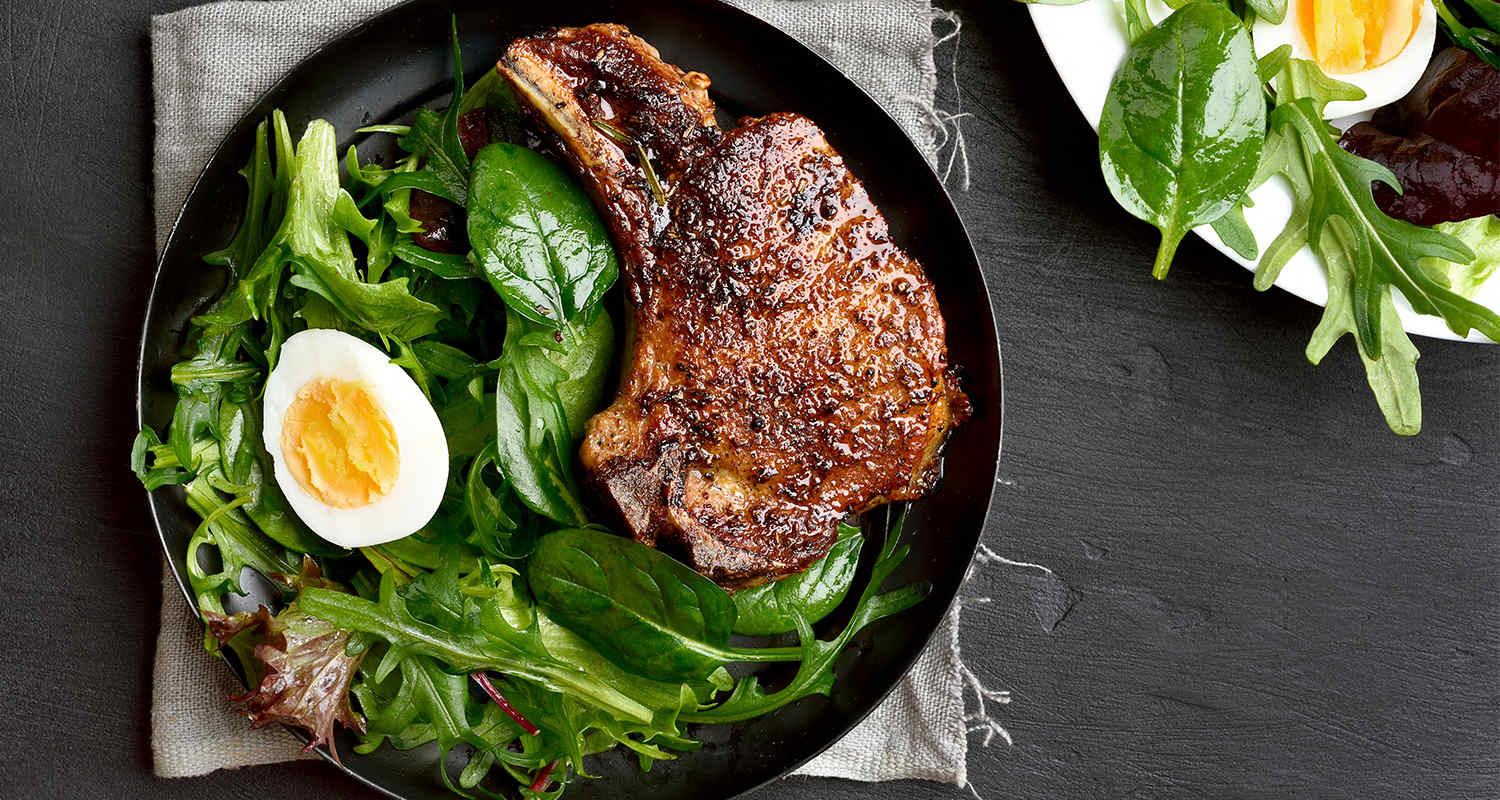
Do diets work when you go low carb? According to Sanders, research and health indicators have shown that many people consume more carbohydrates than what their body needs. As a result, low-carb diets have become quite popular over the years.
But restricting carbohydrates isn’t a cut-and-paste process. Each carb-restricted diet has its own unique twist. Some may place a heavy emphasis on consuming quality fats, while others simply involve eating fewer carbs.
Let’s take a closer look at a few popular low-carb diets.
Standard low carb
Replacing carb-heavy foods with more protein-rich options (along with adding quality fats) can help improve brain function, lead to more balanced blood sugar levels and reduce food cravings.
Bulletproof tip: Ditch those sugar-packed granola bars for Bulletproof Collagen Protein Bars to give your body a delicious macro-friendly helping of protein—without all the carbs. For an extra treat on low carb, pair your snack bar with a chilled can of Bulletproof Cold Brew Latte, packed with sustained energy from MCTs and even more collagen support!
Keto
Considered an ultra-low carb approach, the keto diet involves consuming about 75% of your calories from quality fats, while protein accounts for 25% and net carbs total about 5%. Wondering exactly how to get all these fats in? Adding Bulletproof Brain Octane C8 MCT Oil and grass-fed butter or ghee to your morning coffee will transform your ordinary cup of joe into a brain-boosting, fat-fueled concoction called Bulletproof Coffee that supports ketone production.
Bulletproof tip: Looking for a lasting way to power up your day? Try blending up a morning shake or smoothie with Bulletproof Energy Collagen Protein, which has 0 grams of sugar!
Carnivore
Meat eaters: This one’s for you. The carnivore diet literally involves only eating animal foods. This zero-carb approach has become more popular in recent years, but there are currently no-long term studies that support its effectiveness.
Bulletproof tip: The carnivore diet does allow you to cook your food in beneficial fats, so consider searing your proteins in omega-3-rich Bulletproof Grass-Fed Ghee.
The Atkins Diet
For nearly 50 years, eaters around the world have followed this protein-forward, low-carb way of eating. With four distinct phases, the Atkins Diet limits carbs to put you in a state of ketosis, which may support your weight management goals.
Bulletproof tip: Your protein sources don’t need to come from steak and pulled pork alone. Consider adding collagen protein to your diet, which can be easily consumed in your morning shakes and smoothies.
Note that if you are taking any medications related to carbohydrate control, Sanders says to consult with a qualified health professional before engaging in a low-carb diet.
Diets that center around whole, unprocessed foods
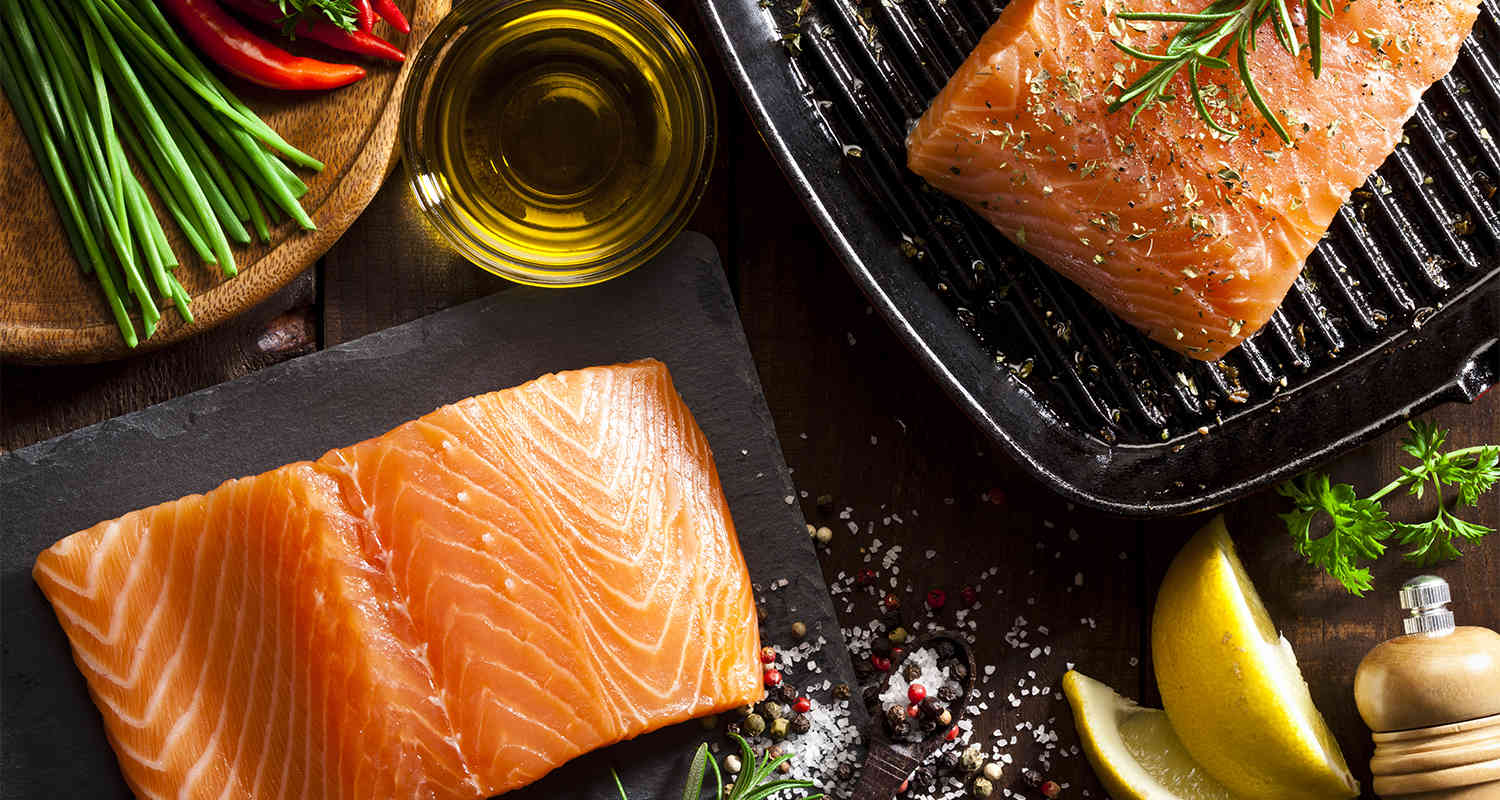
You can still find success following diet plans that don’t necessarily focus on cutting back on carbs.
If you’ve ever heard someone use the phrase “clean eating,” it probably falls more in line with diets in this category. But why are diets like paleo and Whole30 so important in today’s society?
“Diets centered around whole foods give consumers the best ability to control what goes into their bodies,” says Sanders.
The proof is in the chia pudding: Consuming unprocessed foods gives your body a break from dealing with additives, preservatives and all those artificial ingredients you can’t even pronounce!
Here are five diets built around eating real foods.
Paleo
One of the most popular diets today is ironically rooted in our past. Sometimes referred to as “the caveman diet” or “stone-age diet”, paleo followers eat lean meats, fish, fruits, vegetables, nuts, seeds, herbs, spices and certain vegetable-based oils. It’s still possible to enjoy comfort-food classics—just with a more nutritious spin.
Bulletproof tip: If paleo sounds up your alley, you’ll definitely want to give our almond flour pancake recipe a try!
Whole30
Like paleo, the Whole30 diet involves cutting out processed foods, as well as alcohol, dairy, grains, legumes and soy. However, the program is intended to be a short-term solution to help you detox over a period of 30 days. Still, that gives you plenty of time to form better habits and cleanse your body of any toxins you may have ingested from processed foods.
Bulletproof tip: Boost your cooking with Bulletproof Collagelatin, which is a handy tool if hearty soups and stews are regulars on your menu (a must-have during the colder months).
Pescatarian
For non-meat eaters, this is a terrific option. Pescatarians mostly stick to a vegetarian diet, but they do consume fish and other seafood. Some who opt for this style of eating are seeking longevity benefits, as well as the possibility of addressing specific conditions.
Bulletproof tip: If you’re interested in the pescatarian way of eating, take a deeper dive into krill oil. vs. fish oil to learn more about omega-3s.
Mediterranean
This dietary approach involves eating plenty of vegetables, fruits, herbs, nuts, beans and whole grains. While it is mostly plant-focused, the Mediterranean diet does allow for moderate amounts of dairy, poultry, eggs and seafood.
Bulletproof tip: If you’re looking to ditch whole grains when you go Mediterranean, get creative with these 30 zoodle recipes so you can get those veggies in!
Primal
Similar to the paleo diet, primal takes things back to our primitive days on Earth. This dietary approach doesn’t allow for any processed foods or farmed foods, such as grains. Although we’d argue that any dietary change should be for the long run, primal brands itself as a lifestyle shift, as opposed to a diet.
Bulletproof tip: Although you will get protein from meat and fish, you can also give your joints, skin and bones a supportive boost from Bulletproof Unflavored Collagen Protein, which can be incorporated easily when cooking because it’s unflavored and mixes easily.
Related: 30 Easy Whole30 Dinner Recipes to Ensure You Succeed
Plant-focused diets and the importance of quality fats
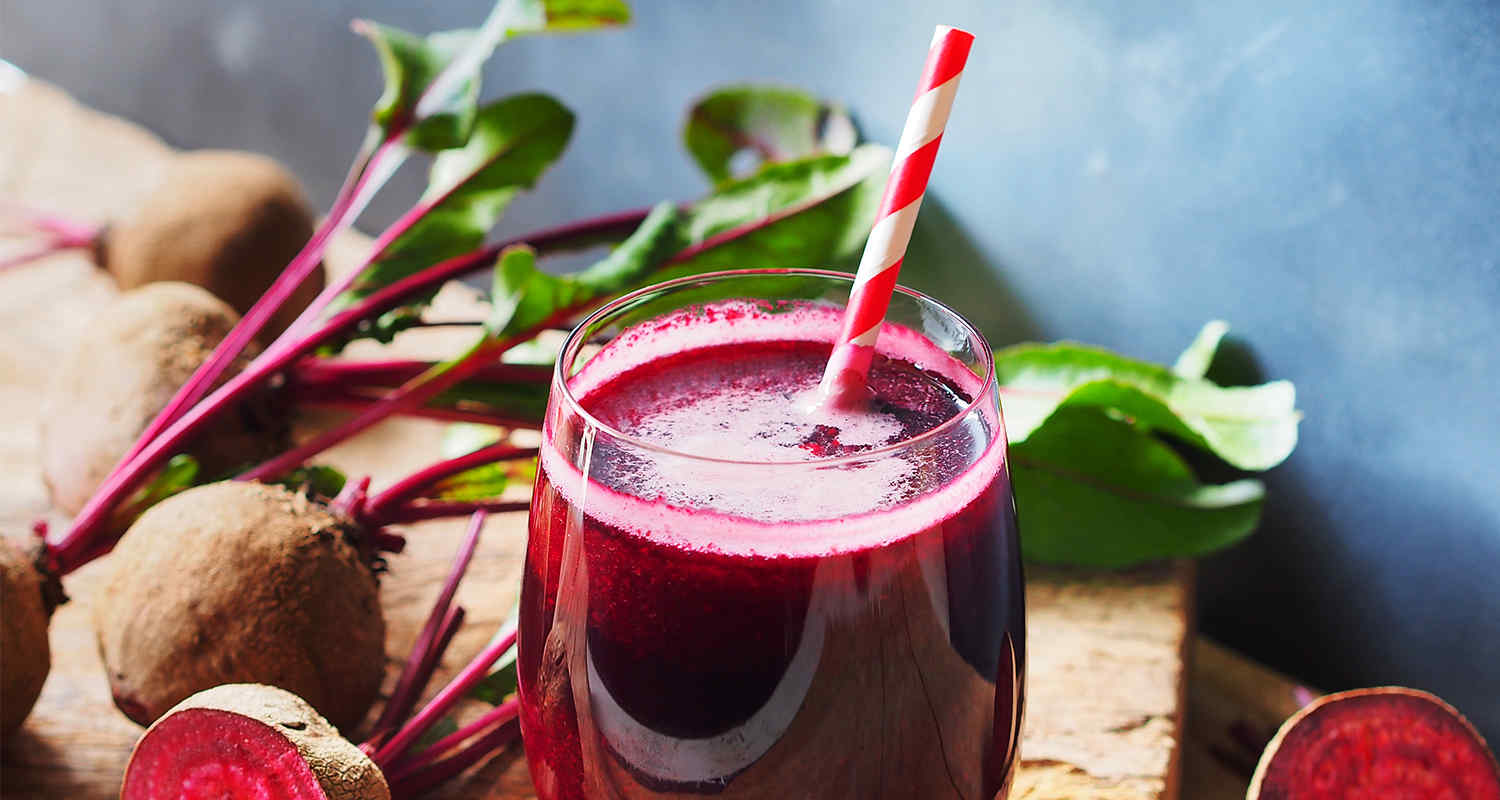
Whether it’s because of ethical choices, or because the body simply does not do well when eating animal products, the plant-focused approach is gaining more traction these days.
Although some view this option as restrictive, building a diet around fruits and vegetables does provide your body with plenty of micronutrients and antioxidants. Keep in mind, though, that not every plant-focused diet is the same.
Vegetarian keto
Meats may be off-limits, but that doesn’t mean you can’t go keto. The vegetarian keto diet still brings the benefits of being in nutritional ketosis without needing to get quality fats from animal products. There is some wriggle room compared to vegan, as lacto-ovo vegetarians on keto can consume dairy products. That is, if your body tolerates dairy.
Bulletproof tip: As a lacto-ovo vegetarian practicing keto, this means you can still have your morning cup of Bulletproof Coffee! Stock up on supplies with a handy Bulletproof Coffee Kit.
Vegan
While vegetarians don’t eat animals, some choose to consume products that come from them, such as dairy and eggs. However, the vegan diet is much more restrictive, as animal products are completely off-limits. While going plant-based can be great for the environment, it’s still important to focus on consuming complete proteins, as well as nutritious fats.
Bulletproof tip: Level-up those vibrant salads with a drizzle of vegan-friendly, brain- and energy-boosting MCT oil salad dressing.
Pegan
Fewer calories from processed foods is always a good thing. Pegan dieters follow that principle by combining the paleo and vegan diets into one. However, small-to-moderate amounts of sustainable meats and certain fish are allowed.
Bulletproof tip: Kick pegan mornings up a notch with a colorful and nutrient-dense plate of Eggs Benedict.
Remember, though, that just because you’re eating a higher-carb, plant-focused diet doesn’t mean you should skimp out on those quality fats. “Beneficial fats are very helpful in maintaining satiety, and reduce the instances where your body is feeling that hunger,” Sanders says. “Some examples of these vegan-friendly quality fats can be found in avocado and coconut, as well as products like Bulletproof Brain Octane C8 MCT Oil and Bulletproof MCT Oil.”
Related: Vegetarian Keto: Can Vegetarians Go Keto Safely?
Condition-specific diets to prevent potential complications
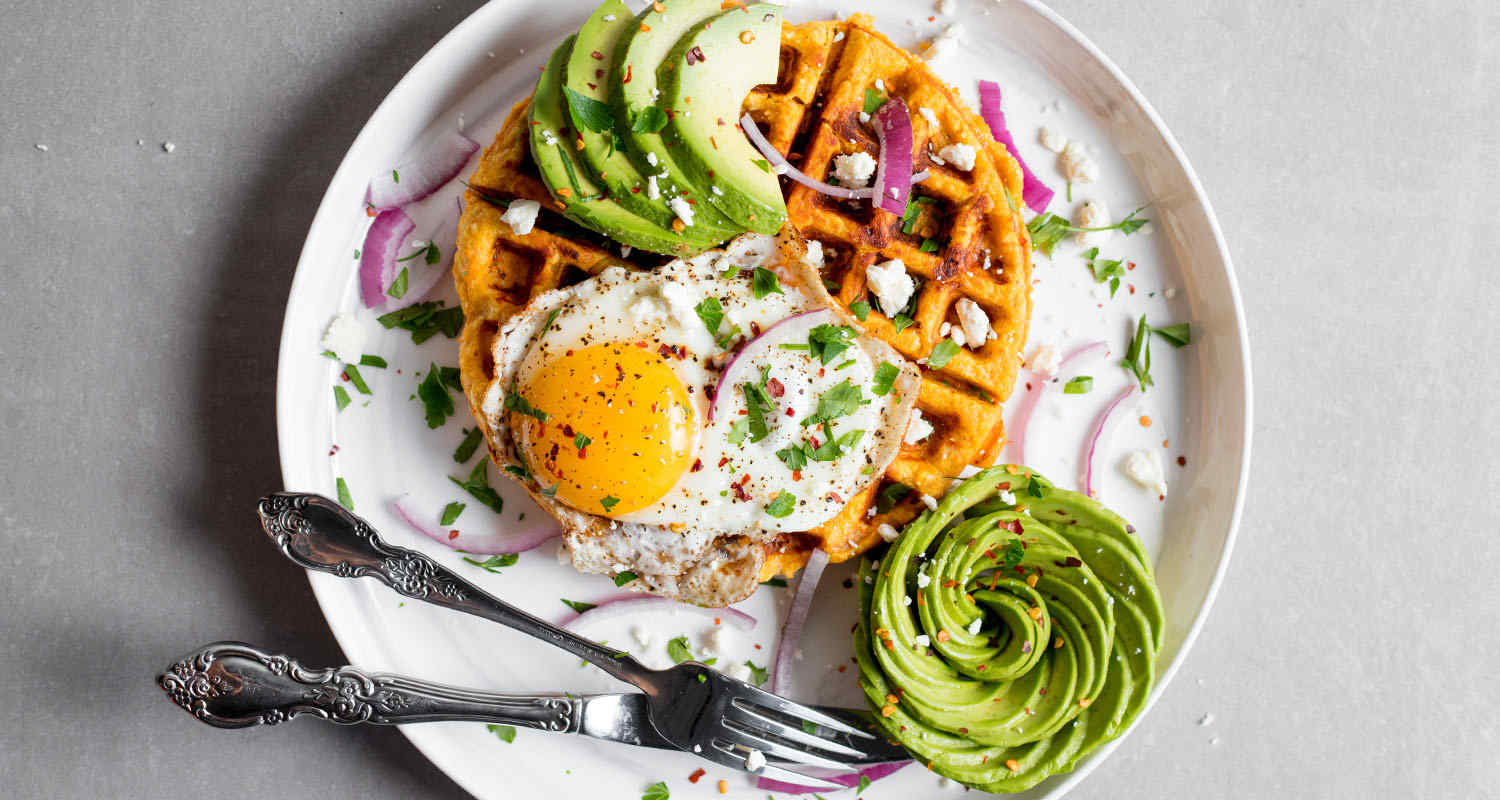
In certain cases, following a condition-specific diet is necessary. This can help avoid complications as a result of a food allergy or another health-related issue.
Let’s take a glance at four condition-specific diets, starting with one that you’ve probably heard of before:
- Gluten-free diet: For those who have celiac disease, following a gluten-free diet is a smart and necessary pivot. Otherwise, it’s gut payback for eating standard bread or other gluten-laced products. Luckily, there are many gluten-free recipes for time-tested classics, like pancakes and donuts, that taste great and are made with gluten-free flours.
- Low-FODMAP diet: If you have trouble digesting certain carbohydrates, you’re probably familiar with that bloated, uncomfortable feeling in your gut. In that case, a low-FODMAP diet can help provide relief, especially for those who have food intolerances to gluten and dairy. This pattern of eating takes at least two to six weeks of strict adherence to take effect and involves basing your meals around FODMAP-friendly servings of foods like eggs, meat, vegetables, fruits and certain grains (like rice, quinoa and oats).
- DASH diet: Formally known as Dietary Approaches to Stop Hypertension, the DASH diet was designed to help treat or prevent high blood pressure. Overall, it focuses on reducing your sodium intake and consuming plenty of fruits, veggies and low-fat dairy products.
- Anti-inflammatory diet: If inflammation is an issue, it’s time to change what you’re putting into your body. An anti-inflammatory diet says no to fried foods, sodas, refined carbohydrates and other foods that aren’t so friendly to your body. Instead, you’ll be consuming certain veggies, fruits, nuts, fish and whole grains in the hopes of avoiding an inflammatory response.
No matter which diet you choose, stay engaged with recipe research so you can continue to support your way of eating. Find a diverse array of tasty, macro-friendly recipes right here on the Bulletproof blog!
Do fasting diets work?

If you find yourself overeating throughout the day, fasting diets can be a great tool. Not only do they teach you discipline, but they also provide many health benefits.
To start, intermittent fasting can help support weight management, fat burning and healthy aging. Plus, it helps remove cellular waste through a naturally-occurring process called autophagy.
Do diets work when you combine them with fasting? Fasting is actually terrific because you can combine it easily with the diets listed above in order to take your game to the next level. For example, combining IF with keto can help ramp up ketone production at a quicker pace, which will fuel your brain and body with energy.
According to the Journal of Nutritional Biochemistry, in animal studies, IF and caloric restriction extended the lifespan and increased resistance to age-related diseases, while improving the health of overweight humans.[1] Overall, it certainly is a useful tool to consider implementing over the long term to support healthy cells, as well as to improve your cardiovascular system and brain function.
If you’ve never tried the intermittent fasting technique before, here are a few ways you can implement it into your life:
- 5:2: Two days a week, you will eat between 500 and 600 calories. Eat a normal diet on the other five.
- 16:8: This fasting approach involves shortening your eating window to just eight hours per day.
- Alternate day fasting: It’s as easy as it sounds. You simply fast all day, every other day, and stick to a normal eating approach on non-fasting days.
- One meal a day (OMAD): Also referred to as the Snake Diet, you consume all your daily calories in a single meal and fast the rest of the day.
Before trying out intermittent fasting, check in with your doctor. Although fasting is chock full of positives, you should still get the green light—especially if you have a health condition or are taking medication.
Do diets work with the help of supplements?
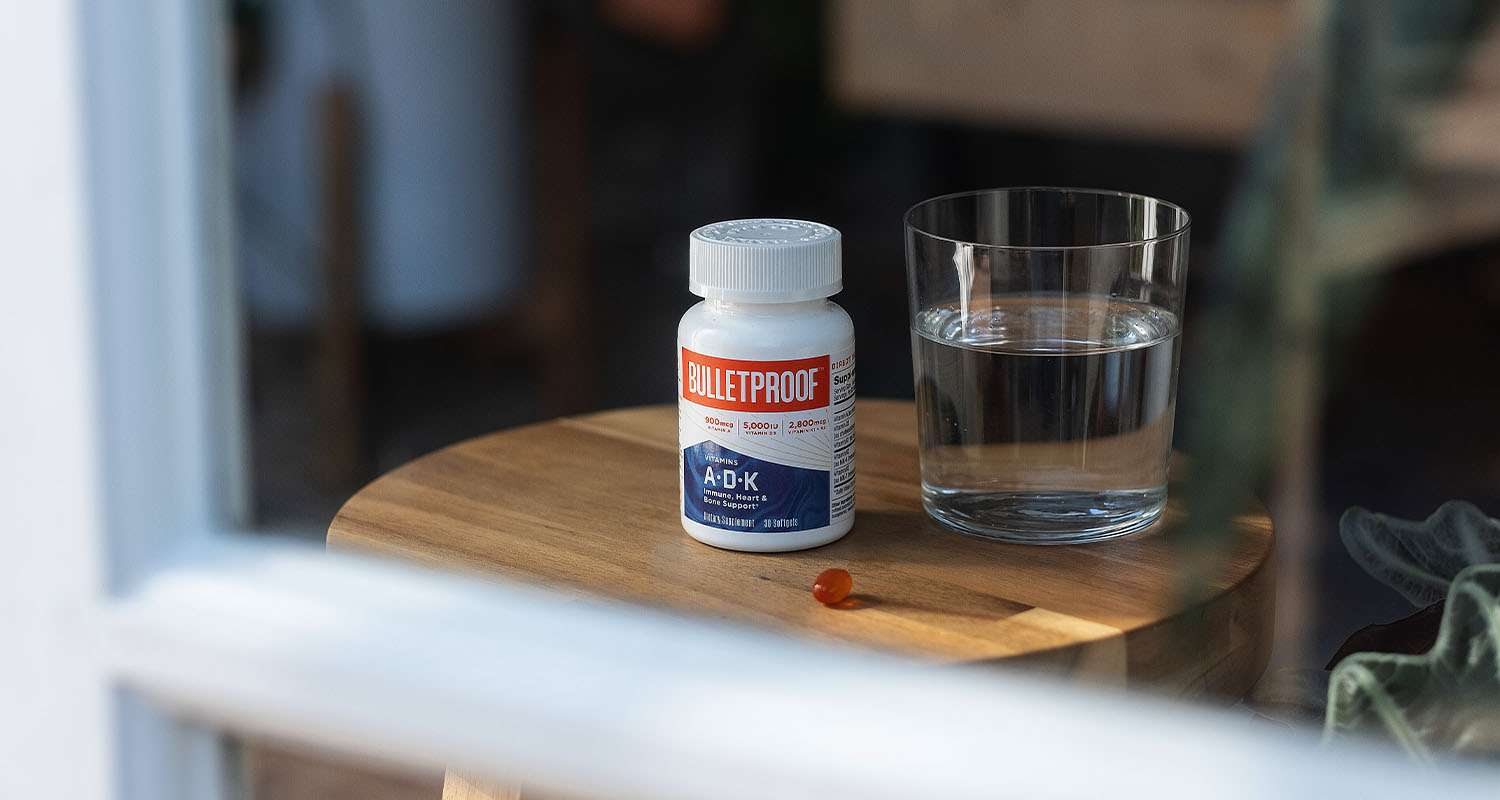
Getting your diet right is key. But no matter which eating approach you choose, you can still benefit from using supplements for added support. “Supplements are a great way to complement the gaps that can exist in many people’s diets,” Sanders explains.
That’s where Bulletproof products make a difference. Depending on your diet, you can add certain supplements to your daily regimen. Or, you can try out a specific product to pinpoint a deficiency or target a need state.
Vitamins
Bulletproof Zinc With Copper is the ideal immunity- and mood-boosting supplement,† as it contains two essential minerals in one convenient capsule. Also, consider adding Bulletproof Vitamins A-D-K to your stack, as they provide support for your heart, bones and immune system.† Finally, Bulletproof Omega Krill Complex contains a unique blend of omega-3 krill oil, Norwegian herring roe and Atlantic and Pacific fish oils that support brain, heart and joint health.†
Detox and gut support
Feeling bloated or just looking for a quality detox supplement? Bulletproof Coconut Charcoal has your back, and does wonders when your belly isn’t feeling its best.†
Speaking of your gut, Bulletproof InnerFuel Prebiotic feeds the beneficial bacteria to keep your microbiome thriving.† It mixes easily, and since it’s flavorless, you can add it to any drink without altering the taste.
And if you’re looking for the ultimate gut health supplement, Bulletproof Gut Health contains grass-fed collagen protein, probiotics, prebiotic acacia, glycine and zinc carnosine. Best of all? It contains 0 grams of sugar, which makes it keto-friendly!
Sustained energy
Sometimes, you just need a boost of energy to get you through the day. Bulletproof Brain Octane Oil Softgels contain C8 MCT oil, which is no-brainer when it comes to your fueling your noggin with ketone energy.
Then there’s Bulletproof KetoPrime, which is high-performance brain fuel that supports healthy cells, energy production and your mitochondria.† Additionally, Bulletproof Unfair Advantage supports mitochondrial efficiency,† thanks to the combined powers of PQQ, CoQ10 and Brain Octane C8 MCT Oil, which give you an energy boost—without the jitters!
Stress relief and sleep
Once you’ve powered through and accomplished your daily to-do list, it’s time to wind down, which is critical to your body’s recovery process each day. Try Bulletproof Zen Mode to start. This aptly-named supplement will help you reach new levels of calm, thanks to adaptogenic herbs and nutrients.
If you’re having trouble sleeping soundly, you can use Bulletproof Sleep Mode to power down and charge up. It contains L-ornithine and plant-based melatonin, which can help you decrease stress levels and achieve better rest.
Do diets work better when paired with fitness?

Adopting a fitness routine that supports your diet is also an important piece of the puzzle. “Fitness is a key part of the diet, as it affects your body’s caloric balance (calories in vs. calories out),” Sanders explains. While calories aren’t the whole picture when it comes to weight management, exercise should be a key part of your health plan. “Movement overall is critical to wellness, as it strengthens and supports your muscles and joints,” Sanders says.
But because everyone is built differently, you need to find the form of exercise that suits you best. High-intensity interval training (HIIT) can give you a great workout if you’re crunched on time. Weightlifting and resistance training are great for your muscles and brain. If you’re worried about your knees, elbows and shoulders, know that bodyweight exercises are also excellent (and equipment-free) ways to boost your fitness.
And if sprinting seems out of your realm, just slow things down to a walk. Invite your spouse or kids to go for a stroll around the neighborhood. Not only will you burn calories, but you will also get fresh air. (After being stuck inside for most of 2020, we could all use more time outside.)
Fitness doesn’t just involve high-intensity or physically-draining activities. Consider a yoga session that will help unlock your flexibility and give you some time to recalibrate after a long day at work. Even better, try meditation to round out your fitness regimen, which can help with centering the mind, body and spirit.
So, really…do diets work?

Congrats! You’ve finally reached the end of this in-depth nutrition lesson. Ready for the pop quiz? There’s only one question: Do diets work?
Ultimately, the answer to the age-old question of “Do diets work?” is a definite yes. Just remember, it’s never a bad idea to seek out support to help you achieve success. Consult with any of the following if you need help beginning, sustaining or learning more about a diet:
- Dietitians or nutritionists
- Naturopaths
- Therapists
- Social media support groups
- Noom consultants
“Also, do not underestimate the support of the people you live with, and use them for accountability,” Sanders says. “Depending on the type of diet, there are great online resources and communities that are wonderful sources of support, ideas and insights!”
The bottom line: Your dietary success depends on how much work you are willing to put forth. It all begins by taking a look within. Once you’ve done your homework, you can choose the most practical path—and one that aligns with your overall wellness goals.
Remember, there’s flexibility in this process, and you don’t have to be intimidated by restrictive diets. If you’re not ready to give up animal products, go pegan instead of vegan. If getting into (and staying in) ketosis is too much work, try out low carb first. When you’re done with Whole30, paleo may be the next best thing.
Ultimately, what matters most is hand-selecting a diet that you can stick for the long haul.
Still hungry for more diet content? Check out the pros and cons of popular diets to help further solidify your new year eating plan.
Sign up for early access to sales, product launches, the latest Bulletproof news and more!



